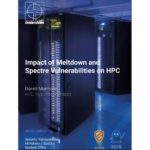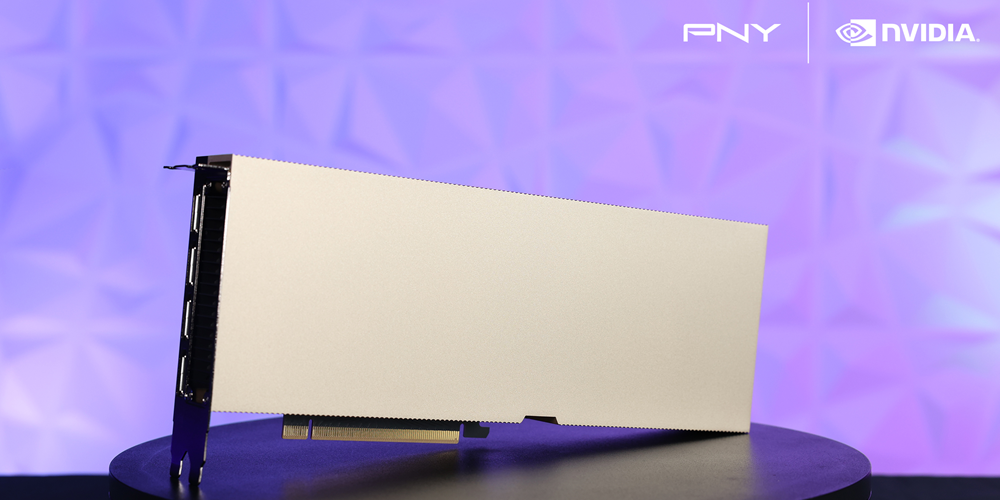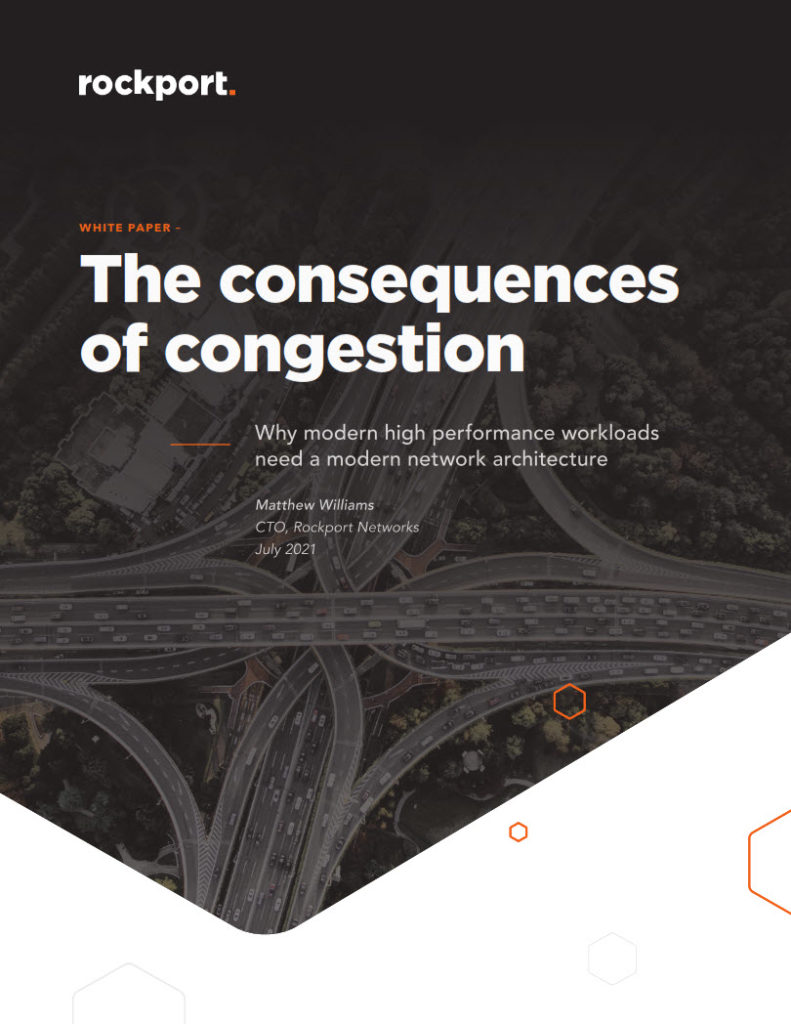In this special guest feature from Scientific Computing World, Adrian Giordani reports on recent vulnerabilities found in many modern CPUs. “These problems are here for the long term until the next generation of silicon processors hit the market. In the end, one of the original teams that found these security vulnerabilities says it best on their website: “As it is not easy to fix, it will haunt us for quite some time.”
Radio Free HPC Looks at Diverging Chip Architectures in the Wake of Spectre and Meltdown
In this podcast, the Radio Free HPC team looks at the tradeoff between chip performance and security. In the aftermath of the recently disclosed Spectre and Meltdown exploits, Cryptograpy guru Paul Kocher from Rambus is calling for a divergence in processor architectures:
A Closer Look at Meltdown and Spectre
In this video, Mark Handley will explain what modern CPUs actually do to go fast, discuss how this leads to the Meltdown and Spectre vulnerabilities, and summarize the mitigations that are being put in place. “Operating systems and hypervisors need significant changes to how memory management is performed, CPU firmware needs updating, compilers are being modified to avoid risky instruction sequences, and browsers are being patched to prevent scripts having access to accurate time.”
Exploiting Modern Microarchitectures: Meltdown, Spectre, and other Attacks
Jon Masters from Red Hat gave this Keynote at FOSDEM 2018. “Recently disclosed vulnerabilities against modern high performance computer microarchitectures known as ‘Meltdown’ and ‘Spectre’ are among an emerging wave of hardware-focused attacks. This talk will describe several of these attacks, how they can be mitigated, and generally what we can do as an industry to bring performance without trading security.”
Radio Free HPC looks at New Leadership at HPE
In this podcast, the Radio Free HPC team looks at HPE’s new CEO, Antonio Neri, a longtime HPE executive who previously served as President of the company. As the number 1 server vendor in the HPC space, this change will be one to watch as we transition to the exascale era in the next five years or so. “This transistion comes at an interesting time for HPE, as one of their main competitors, Dell Technologies, is reportedly looking at an IPO or reverse acquisition by VMware.”
Radio Free HPC Looks at the European Union’s Big Investment in Exascale
In this podcast, the Radio Free HPC team looks at European Commission’s recent move to fund exascale development with 1 Billion Euros. “While Europe already had a number of exascale initiatives under way, this is a major step forward in that it puts up the money. Under a new legal and funding structure, the Commission’s contribution will be $486 million, or roughly half of the projected EUR 1 Billion total.”
Impact of Meltdown and Spectre Vulnerabilities on HPC
“Performance is important in high performance computing. A performance impact on HPC use can be more than a simple annoyance. Because of the high investment cost and energy usage of HPC systems, a performance impact can have a signi cant effect on price per compute job. As we have discussed in the previous sections, the “page table isolation” workarounds have an overhead on entering and leaving the kernel. Luck happens that in HPC, computers spend most of their time in user space, doing computations. Low-latency networks such as In niband allow HPC systems to perform network communication without involving the kernel. Therefore during HPC computations, the Linux kernel might not be actively involved and the CPUs are running at full power.”
ClusterVision White Paper Looks at HPC Performance Impact of Spectre and Meltdown
While various kernel patches are already out for the Spectre and Meltdown, the performance impact of these patches on HPC performance has been a big question. Now ClusterVision has published a timely white paper on this important topic. “These vulnerabilities have only been discovered recently, so information is still developing. Therefore, this document should not be interpreted as a complete overview of the situation but as an informative view of the potential impact on HPC.”
NVIDIA races to patch GPU Drivers for Spectre and Meltdown
A new security bulletin from NVIDIA reveals that its GPU drivers are not immune to the Spectre and Meltdown exploits that affect nearly every modern CPU. This is bad news for HPC, where the company’s Tesla GPUs are widely deployed to accelerate applications. “Most of the updates are available now, although Tesla and GRID users will have to wait until late January.”
New Whitepaper on Meltdown and Spectre fixes for HPC
Can you afford to lose a third of your compute real estate? If not, you need to pre-empt the impact of Meltdown and Spectre. “Meltdown and Spectre are quickly becoming household names and not just in the HPC space. The severe design flaws in Intel microprocessors that could allow sensitive data to be stolen and the fixes are likely to be bad news for any I/O intensive applications such as those often used in HPC. Ellexus Ltd, the I/O profiling company, has released a white paper: How the Meltdown and Spectre bugs work and what you can do to prevent a performance plummet.”










